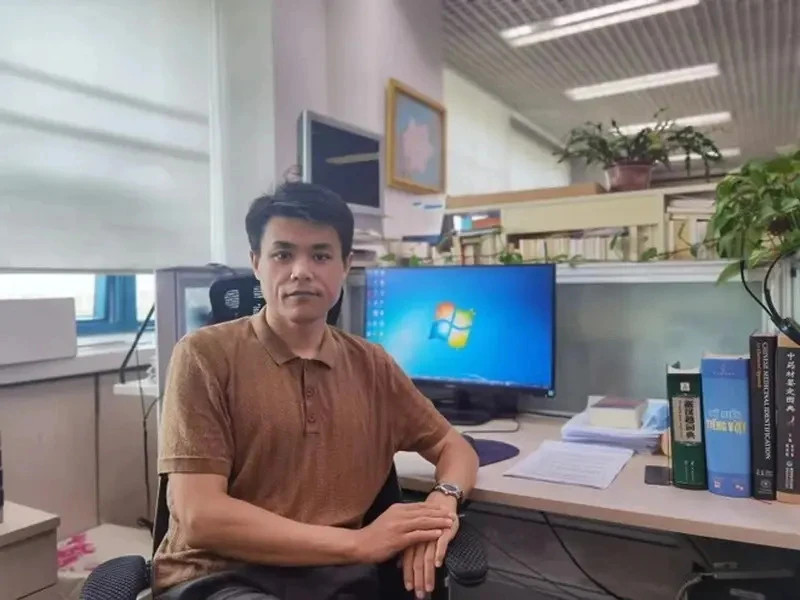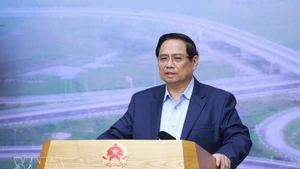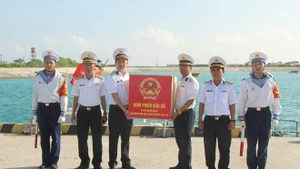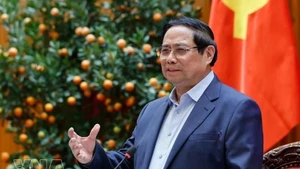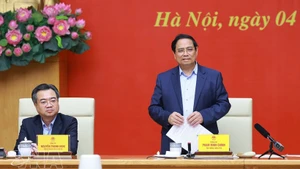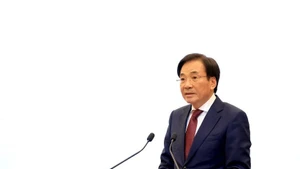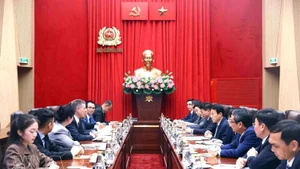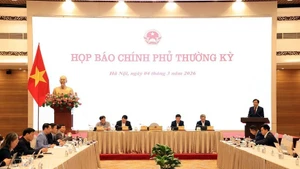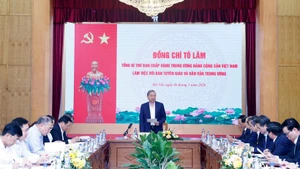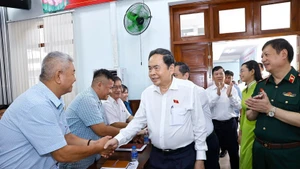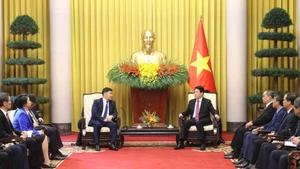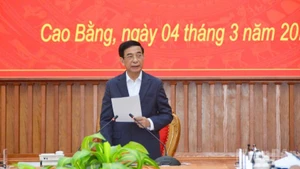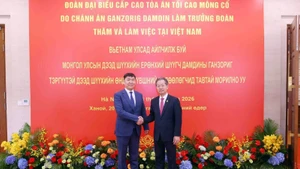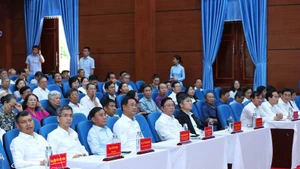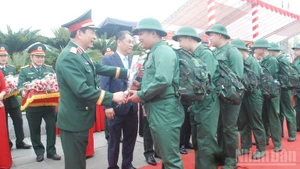In a recent interview granted to Vietnam News Agency in Beijing, Weiwei highlighted Chinh’s trip to Dalian city, Liaoning province of China, for the 15th WEF Annual Meeting of the New Champions from June 24-27, saying that it also reflects Vietnam's international responsibility for actively engaging in global economic development and governance.
The WEF meeting, to be held from June 25-27, will host over 1,600 delegates from political, business, academic, and media sectors from 80 countries and territories. PM Chinh is scheduled to deliver a keynote speech at the opening plenary session.
Weiwei noted that the Vietnamese leader had previously visited China in June 2023 to attend the 14th WEF meeting in Tianjin. During that visit, he discussed challenges impeding global and Vietnamese economic growth, such as the global downturn, rising inflation, difficult living conditions, post-COVID-19 issues, geopolitical competition, trade protectionism, and conflicts threatening global food and energy security.
On bilateral relations, Weiwei highlighted the profound traditional friendship between China and Vietnam with harmonised interests and shared future. China has been Vietnam's largest trade partner for many years, while Vietnam is China's largest cooperation partner in ASEAN. Over the recent years, leaders of the two countries have paid numerous mutual visits and maintained close exchanges in various fields. Under the leadership of Party General Secretaries Xi Jinping and Nguyen Phu Trong, ties between the two parties and countries have been growing.
As the two countries are preparing to celebrate the 75th anniversary of diplomatic ties next year, he underlined the need to maintain and develop their relationship amid a complex and volatile global landscape. He suggested that both nations focus on promoting the socialist cause and working together to build a closer community with a shared future. Starting from this new point, they should elevate bilateral relations, adding stability and positive energy to global peace and development.
In his view, China and Vietnam should effectively tap into the potential of railway transport and expedite the connection of standard gauge railways at the border, and the upgrading and opening of border infrastructure. The two countries should expand collaboration in farm produce trade, investment and energy; establish more direct flight routes; and foster exchanges in culture, tourism, education, and youth.
Both governments, Weiwei argued, need to create a favourable business environment for enterprises to invest and start businesses. They should also persist in settling differences through dialogues and consultations, step up practical cooperation at sea, accelerate consultations on the Code of Conduct in the East Sea/South China Sea (COC), and avoid actions that could complicate the situation.
